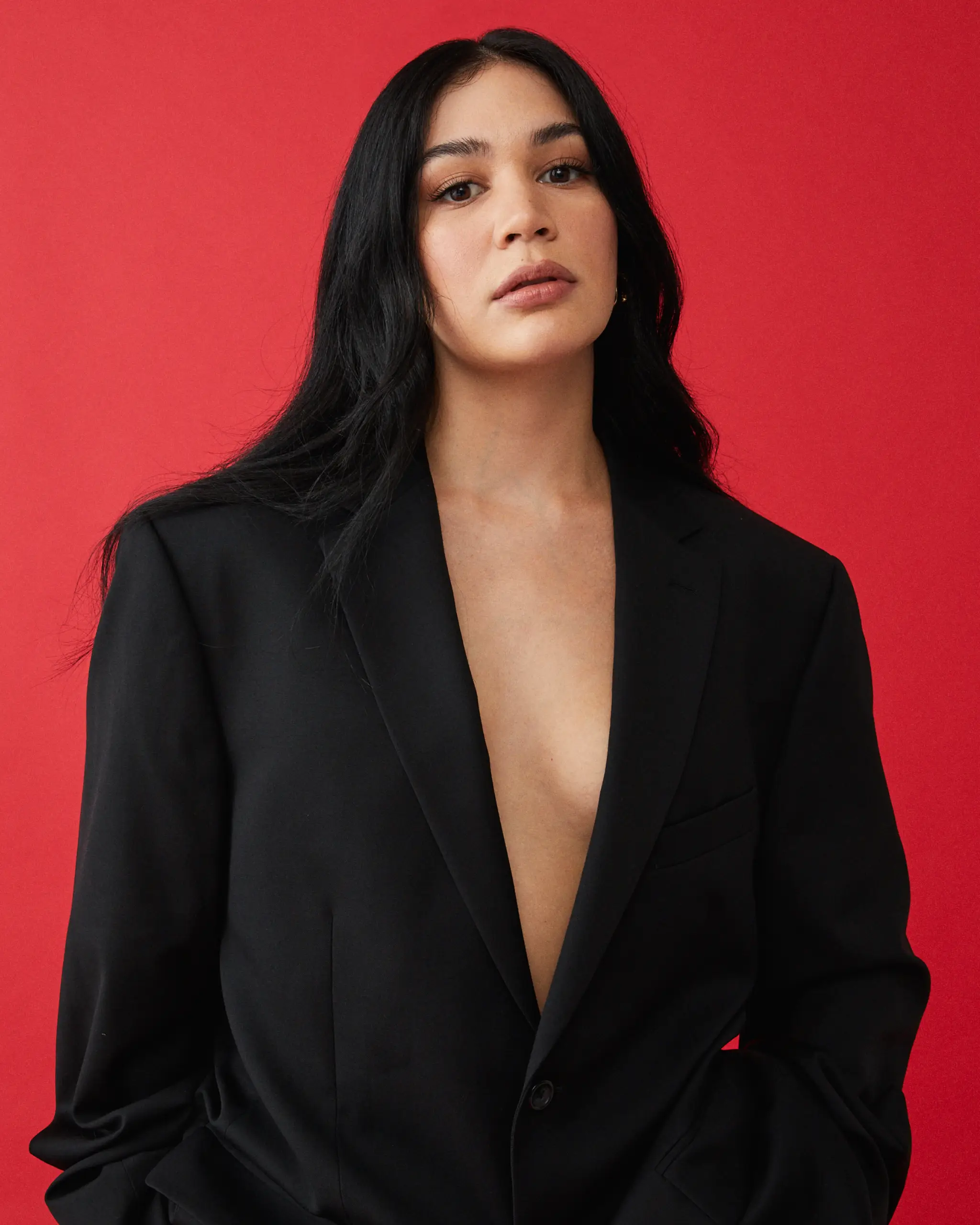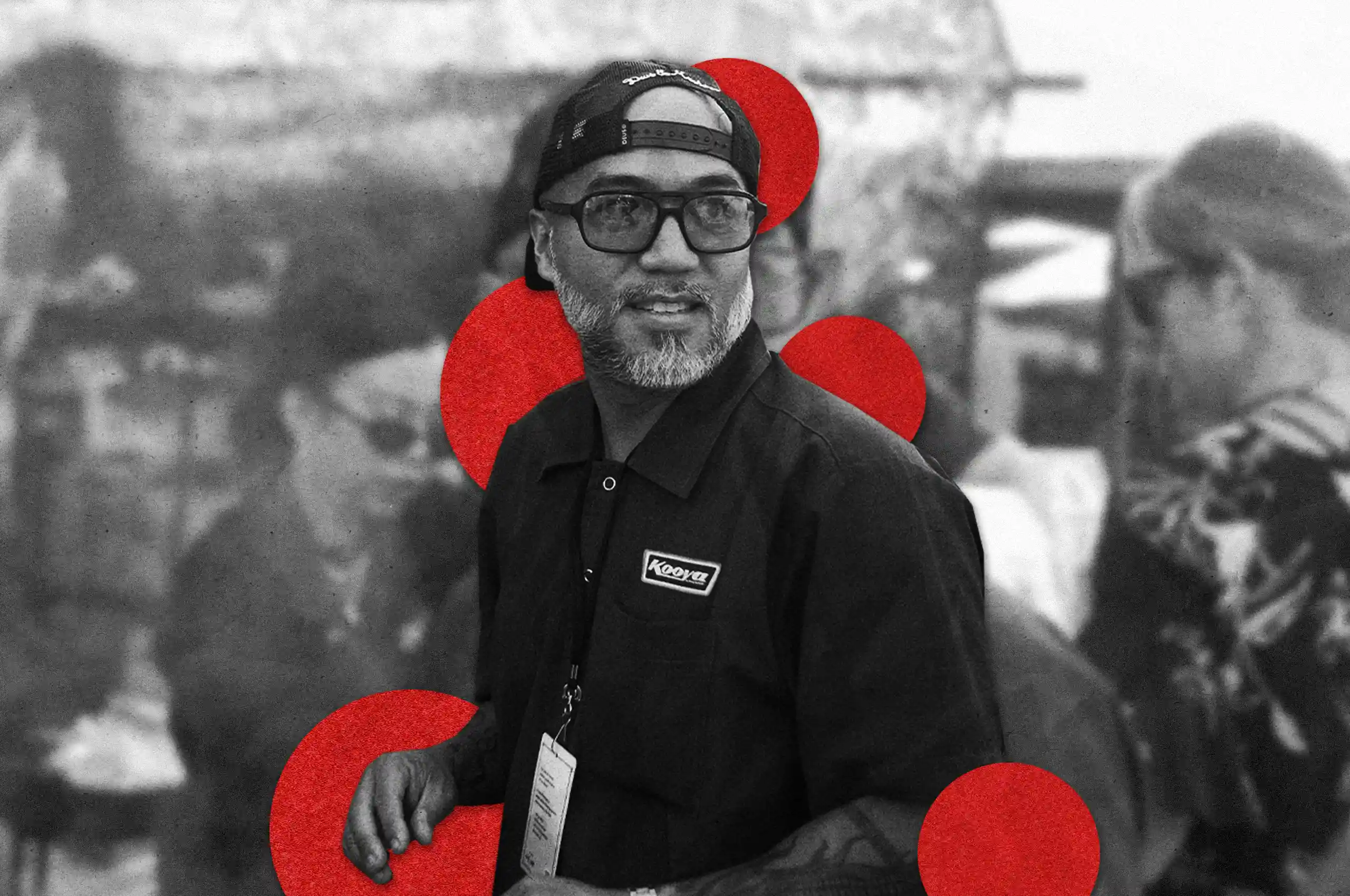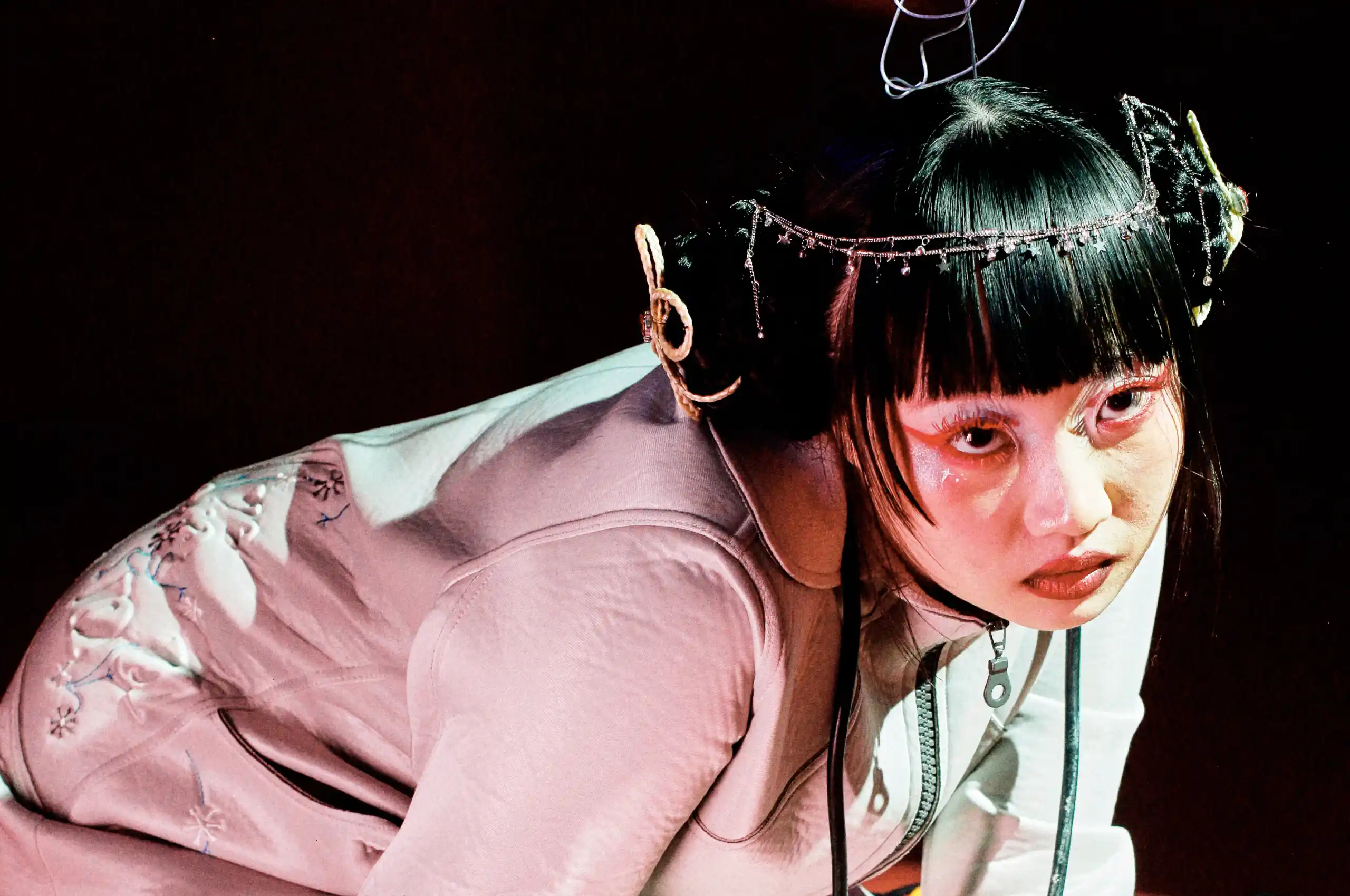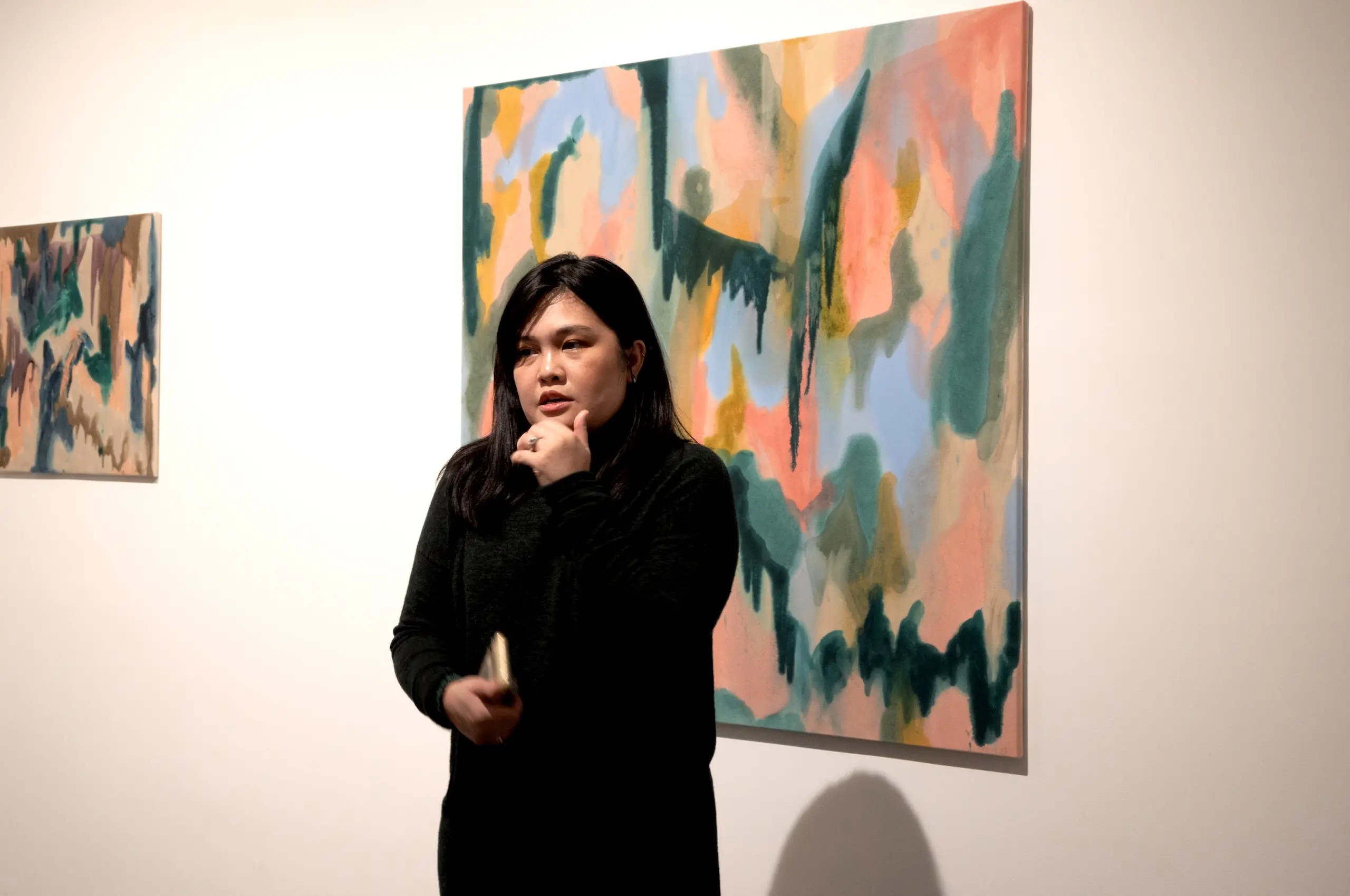Singer Jess Connelly doesn’t go online that much, which helps her musically, spiritually, and mentally. Her work exists in a meditative state of not giving a damn, floating above the daily distractions that once pulled her attention.
Since releasing her debut collaboration EP, How to Love, with crwn in 2015, she has built a steady catalog of EPs, albums, and mixtapes in the realm of R&B. It wasn’t something people expected. Making the leap from showbiz (as a housemate in Pinoy Big Brother: Unlimited) to gaining street credibility is rarely pulled off, but the R&B scene gave her space to grow, earning her a second life in music. She soon gained fanfare with singles like “Under Blankets,” “Wait,” and “Turn Me Down.” She has a formula on lock, a signature husky vocal style that inspired a wave of artists like Nicole Anjela, Jason Dhakal, and DENȲ. In short, Connelly shaped a sound that still lingers, and she’s mostly unaware of just how far her influence has reached.
That much was clear when we spoke over the phone. Nature has become her comfort zone. With her new EP fool’s gold now out, Connelly continues to choose real-life intimacy over what she calls an “internet moment.” She finds online validation superficial. You can hear that clarity in her voice, in how naturally it glides over producer Lustbass’ rich, grooving instrumentals.
But her path in independent music wasn’t smooth from the very beginning. She fought tooth and nail just to get to where she’s at now. “I just wanted to be honest [with my music], and I just wanted to get respect from the music scene even if I was doing the designer parties and all that type of shit, you know, like the socialite stuff,” Connelly tells Rolling Stone Philippines. “My real initiative was to get respect from the underground scene. Besides doing that bougie shit, I would make an effort to do all the historically respected underground spots like Route 196 or Saguijo.”

Chasing Authenticity
She doesn’t hold back when discussing how the internet has distorted people’s sense of success. Still, she treads lightly in that territory and focuses on what inspires her: younger artists. “I’m not trying to make it like a fast internet moment,” she says. “I’ve never tried to do that, ever. The whole time I’ve been making music, I just do it.”
In music, some artists take the easy route while others suffer for it. Connelly does neither. She just trusts the process. She treats music like wine, it gets better with time. “Once your frontal lobe forms, you kind of realize that the digital footprint is real,” she says. “And in five years, people are gonna realize that maybe some people don’t care. But for me, I get so much happiness from peace, and people not knowing anything about me. I’m trying to make shit that my grandkids would be like, ‘This is my Lola,’ and it still sounds timeless and amazing. That’s what drives me.”
Real relationships matter more to her than a curated image. Her life isn’t a spectacle; her music is her diary. “I’m really heavy on real life and offline life because it’s such an internet-heavy society,” she says. “I don’t think people even realize [that] none of this shit is real. Real life is more of a priority to me. If you can text me, that’s more important than getting your manager to message me and tell me all these great things. Just be real. Message me, let’s hang out. Let’s see how it is.”
Attachment Styles in Music
Her songwriting pulls from real-life experiences, but it also belongs to her listeners. The emotions in fool’s gold consist of disillusionment, healing, and hard-earned love. Similar to her previous projects in the past eight years, the difference here is that she mirrors the highs and lows that her audience can relate to. There’s a calmer energy now, but the message stays clear. She isn’t here to play games.
“There’s so much power in emotional regulation,” she says. “Especially as a woman, where men do the most fuck shit things at you and then gaslight you and all this type of shit. But at the end of the day, I think there’s so much power in keeping it classy and keeping it cute.”
As the conversation went on, she admits one online trend finally caught her attention: attachment styles. “I’m not gonna lie. I’m late on that,” she says, laughing. “I was going by star signs, and then I realized, ‘Oh no, my man is avoidant.’ Okay, this is making so much sense now.” Learning about it helped her understand her patterns and shaped fool’s gold in deeper ways.
Despite her digital distance, her first EP was one of the few things she couldn’t ever ignore. How to Love turns ten this year, and she hints at something new with crwn. The unauthorized video repost of “Under Blankets” had suddenly turned ten at the time of the interview. She might not be online, but Connelly still has the internet talking, even if she’s not listening. “There’s so many YouTube channels or accounts or things now that grew into bigger things,” she says. “But in the beginning, they would just repost my stuff, and I totally forget about it, and then people remind me. I’m like, yeah. Damn, that did happen.”







